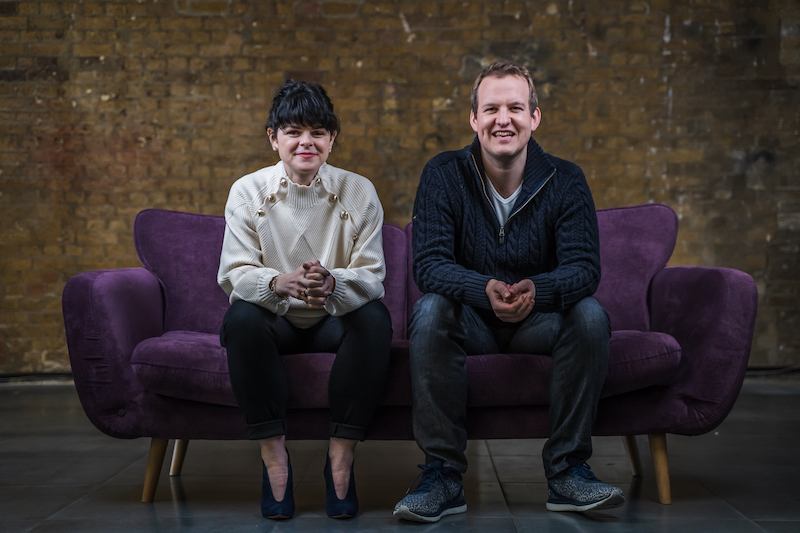
Since I founded Entrepreneur First (EF) ten years ago with my co-founder, Alice, Stoffel has become a kind of mascot for the aspiring founders that join the EF programme. As a founder, you have to find creative and unique solutions to problems, especially as you’re often competing with much bigger entities. Like Stoffel, you have to be fiercely tenacious to succeed.
At Entrepreneur First, we encourage aspiring founders to cultivate a ‘founder’s mindset’. Founding is tough, so you need to psychologically prepare yourself for the road ahead. Your self-talk has an enormous impact on your ability to deal with the ups and downs of entrepreneurship. Certain mindsets can fuel behaviours that lead to success, while others can derail you.
The best founders cultivate what is sometimes called a growth mindset. They process setbacks as learning opportunities rather than failures. They know that the only certain way to fail is to stop trying.

In contrast, a founder with a fixed mindset would write themselves off – they’d think “this happened because I’m not technical enough”, “I’m moving too slowly because I don’t have enough experience”, “I’m not good at sales”, and they’d stop there, often before they’ve even allowed themselves to start. A far better approach is to acknowledge those weaknesses, and then get to work.
Learn to throw yourself into things that initially make you feel uncomfortable. If sales isn’t your thing, learn by trying to sell something. If you’re not super technical, start reading tech newsletters, follow the big players on Twitter, dig into YouTube, teach yourself by pulling on every thread that interests you. If you’re worried that you don’t have enough experience, remember that you can fast track your learning by simply getting started. Ten years of experience at a corporation won’t necessarily make you a better founder – in fact, it might actually hinder you. Sometimes, the more experience you have (especially in a static environment), the harder it can be to adjust to the extreme pace and ambiguity of a startup. At EF, many of our most successful founders only have one or two years of work experience.
Your ability to succeed as a founder isn’t written in the stars or in your genes. What you know on day one won’t determine the outcomes you get on day one hundred. In most cases, you’re exploring uncharted territories because you’re looking to solve a problem that no one else has been able to solve. You’re not an expert, and neither is anyone else, so it’s common to have moments of doubt or even feel like a fraud. What matters is how you respond to those feelings. Imposter syndrome can actually be a helpful signal – it proves that a) you’ve successfully pushed yourself out of your comfort zone, and b) you’ve found an area you need to learn more about. The strongest founders are in constant pursuit of opportunities to learn.
When you decide to found a company, try to make the decision that you’ll keep going no matter what. If you truly want to succeed, stopping shouldn’t be an option. Often, the founders that are most paranoid about failing are the ones who are first to falter. It’s a little like riding a bike and looking over your shoulder, rather than focusing on the path ahead. You have to believe you can, and will, succeed. If you’re constantly trying to avoid failure, you’ll inevitably veer off course. Instead, accept that setbacks are inevitable, and that you simply have to find a way through. Successful founders don’t make back up plans.
A growth mindset, coupled with an ability to persevere no matter what, will set you up to succeed as a founder. But there’s one other important thing you need to do: start. There will always be reasons to delay. If you’re waiting for the perfect time to start a company, you’ll be waiting forever. At EF, we help people meet their co-founder, develop an idea, and build a world changing startup from scratch, and we pay you to do it. I may be a little biased, but I believe EF should be the first port of call for any aspiring founder.
Matt Clifford and Alice Bentinck founded startup talent investor Entrepreneur First ten years ago, and have since helped thousands of people build companies from scratch; EF now has a combined portfolio value of over $10Bn. They are the co-founders of Code First: Girls, which has helped 5000 women learn to code for free. Their new book, How to be a Founder, is published by Bloomsbury and available in hardback, priced at £25.

